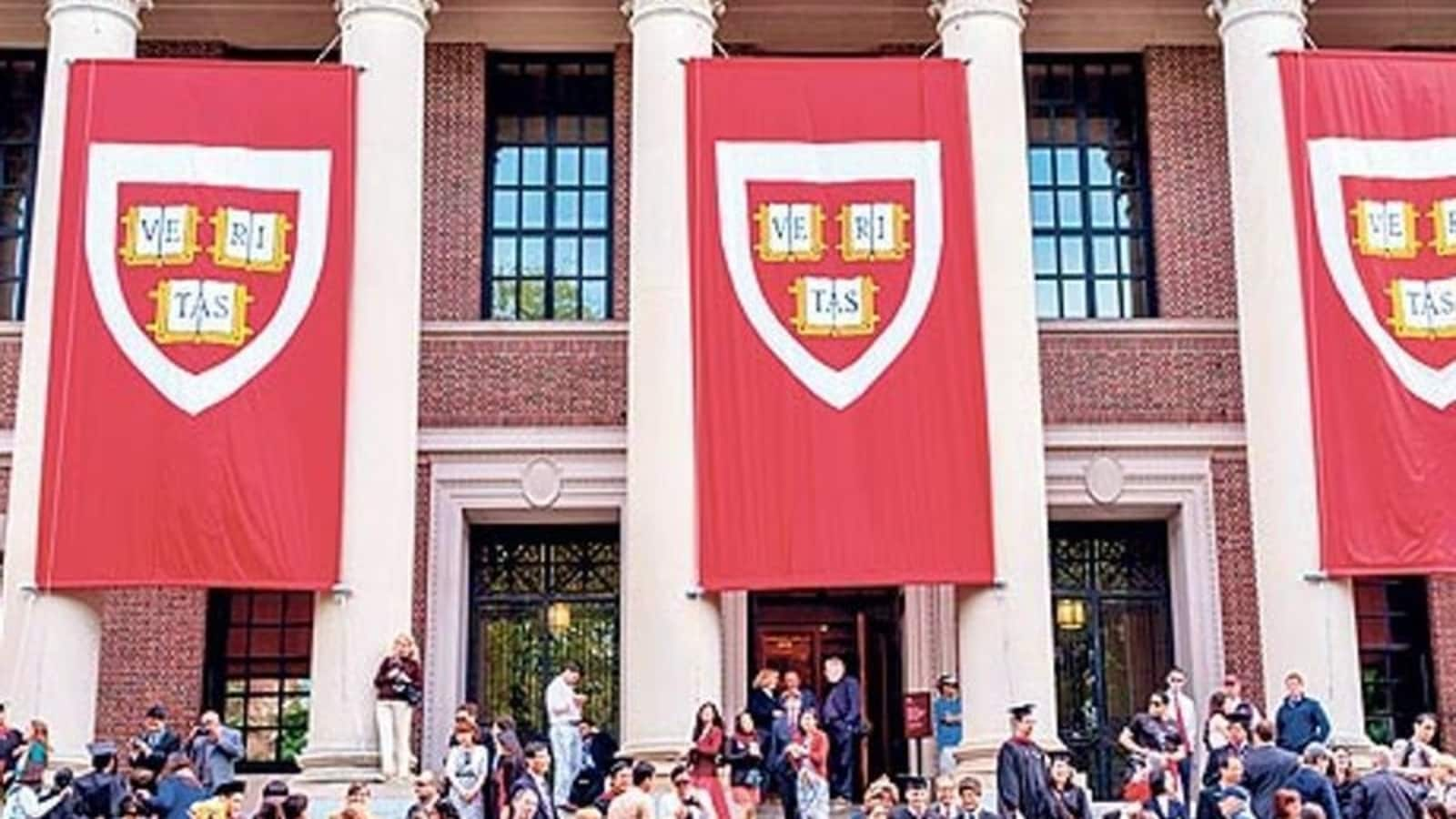As our world is increasingly advancing toward a tech-heavy and AI-driven future, the college admission process is mirroring its demands. The global economy calls for increased specialisation and interdisciplinary problem solving. The institutional priorities of the world’s top colleges also reflect this change.

Our education system, however, falls short in this regard. An overemphasis on academic achievement leaves little room for developing holistic profiles. While the Ivy Leagues seek the brightest of academic minds, they also look out for compelling extracurricular profiles and personal stories.
A stellar academic record can seldom make up for lacking extracurriculars. A distinct lack of academic and professional focus in the high-school curriculum makes things worse. Thus, academically accomplished students sometimes fail to move the admission committee and their achievements fall flat. This is all the more important as the acceptance rates to top universities are hitting an all time low. Last cycle, we saw some of the rates falling below 5%—and even lower for Indian applicants specifically.
There’s only one guiding principle during the application process: be interesting. The principles of Ivy League success are coherent with success in life at large. Hence, the solution is also to go back to the first principles of a good education. The liberal arts paradigm followed by top colleges, including the Ivy Leagues, evaluates students holistically, as opposed to just on the basis of their academic strengths.
As revealed by the 2014 lawsuit, Harvard evaluates its applicants on these 4 criteria, which together, are perfect for judging the overall development of a young student. Following this paradigm is the easiest metric for holistic development:
● Extracurricular: Find your Ikigai through extracurricular activities. Working on social impact personal projects helps in developing interpersonal skills, and pre-professional experiences build relevant transferable skills, providing industry context. Moreover, landing opportunities is an exercise in self-marketing, which is an extremely important skill to learn. Remember to think globally and act locally. The universities are keen to notice how you’re engaging with your local community and solving problems.
● Personal: Learning to see problems as opportunities and an exercise in problem solving and personal growth. Principles of Social, Emotional, and Ethical learning should be our guiding light. Values-based education, not just information and knowledge, but instilling the values of ethics, synthesis, and growth, is key to understanding this complex world. Developing traits like antifragility, intellectual curiosity, leadership, resilience, and cultural rootedness, are necessary in today’s rapidly-evolving career landscape.
● Academic: Develop academic rigor. Doing well at school isn’t enough, partake in academic research in high school. Interdisciplinary exploration is key to developing a mature well-rounded scholarly perspective. A scholar with a wider perspective across disciplines is a better problem solver, entrepreneur and leader.
● Athletics: Competitive sport often sets the foundation for a long, healthy, and abundant life. Universities are also actively recruiting for world-class athletes in their student body. While being an athlete isn’t a requirement for the process, sports can instill values like discipline, resilience, collaboration, and leadership—highly coveted qualities in the application season.
The common thread running through all these criteria is authenticity, which is key to personal branding. So it’s important to find one’s Ikigai and dedicate themselves to mastering it, instead of doing scattered activities for the sake of college applications. The industry needs to equip teachers with specific, actionable tools and frameworks to tap into students’ full potential, enabling them to excel in their academics and in life. Alumni networks need to be strengthened to create a support system and learn from the reliable experiences of seniors.
In conclusion, a successful applicant is one who displays the promise of doing well in life. Colleges seek students who are able to make sense of the world’s complexities and are willing to challenge themselves. Take the admissions process as an opportunity to find your voice, discover yourself, and where you fit in. Place all your bets on yourself and the rest will follow!
(Rahul Subramaniam is Co-founder, Athena Education. Views expressed are personal.)
